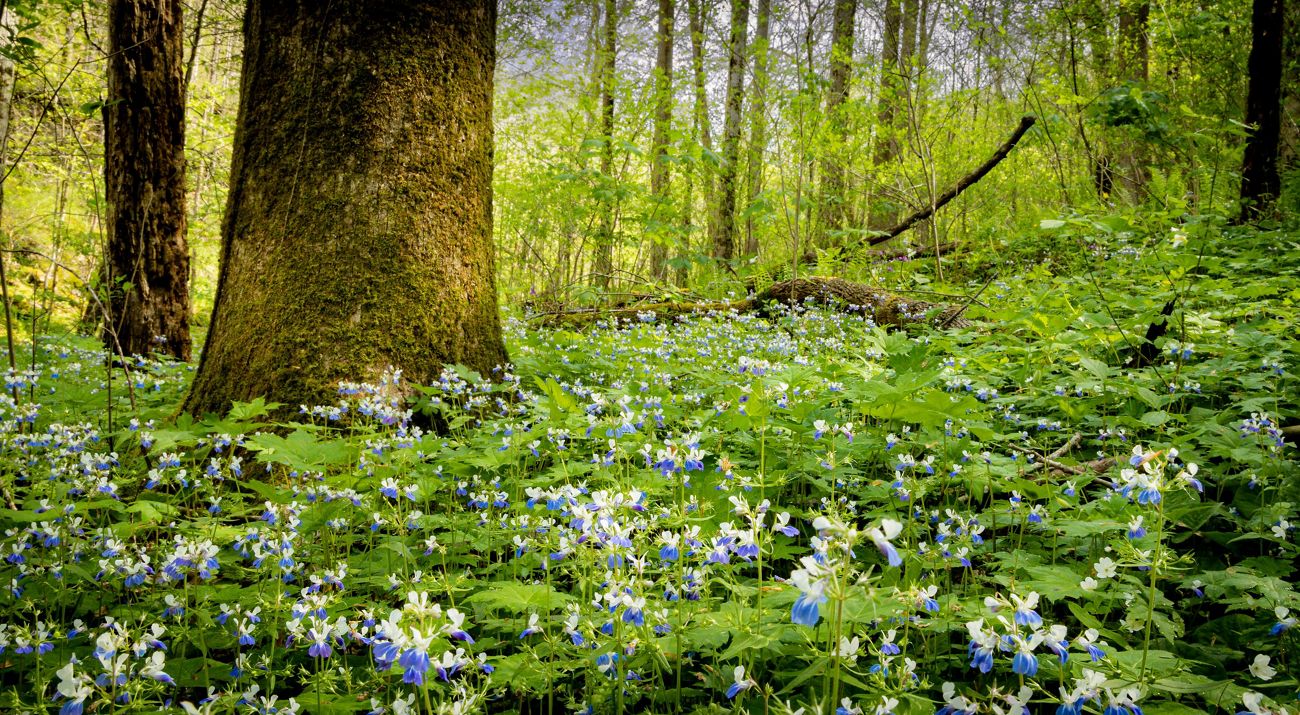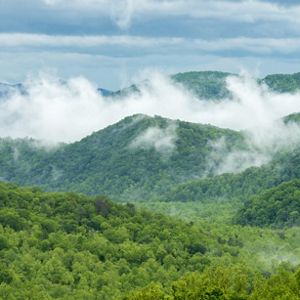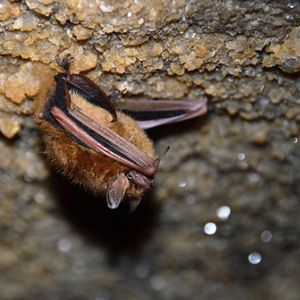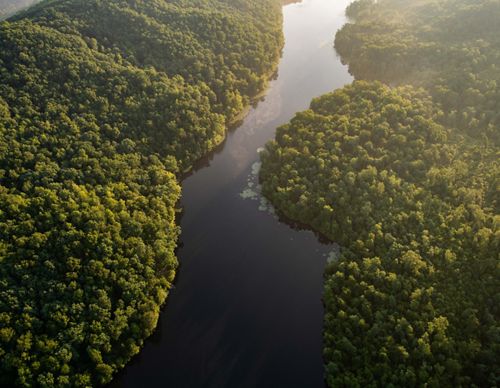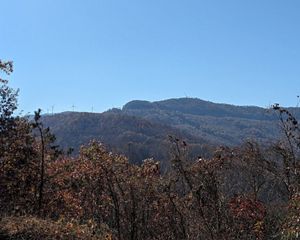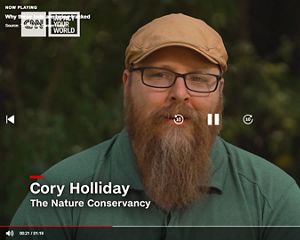Support Tennessee Nature
Since 1978, we have helped conserve over 450,000 acres across Tennessee. Discover how The Nature Conservancy is working with partners across the state to preserve and protect our incredible natural areas for generations to come.
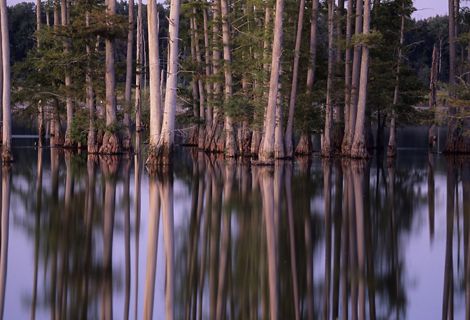
Nature News
Twice a year, this Nature Conservancy magazine insert highlights recent conservation wins in the Tennessee.

Tennessee Year in Review
Learn about TNC's most recent conservation wins around the state of Tennessee.

Tennessee Milestones
See what we've been able to accomplish, thanks to your support, over 40 years since opening our doors in Tennessee.
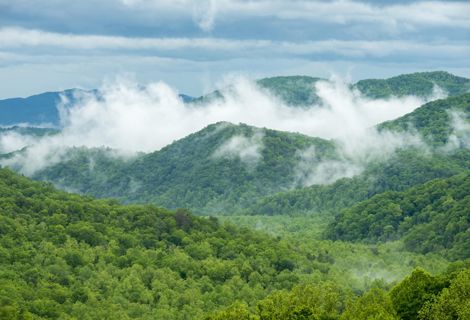
Places We Protect
The Nature Conservancy owns nearly 1,500 preserves covering more than 2.5 million acres across all 50 states. Check out our preserves in Tennessee.
We Can’t Save Nature Without You
Sign up to receive monthly conservation news and updates from Tennessee. Get a preview of Tennessee’s Nature News email.

